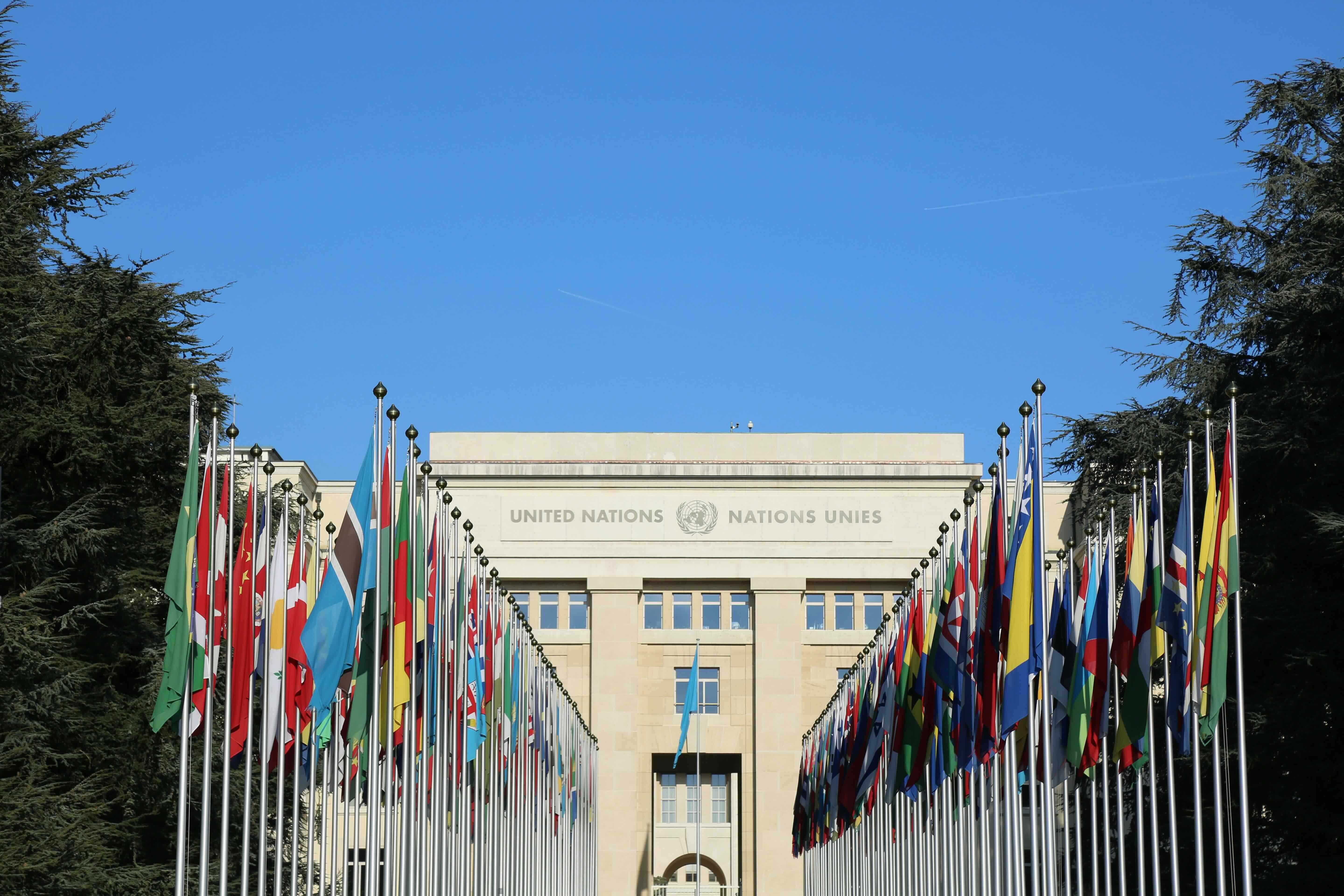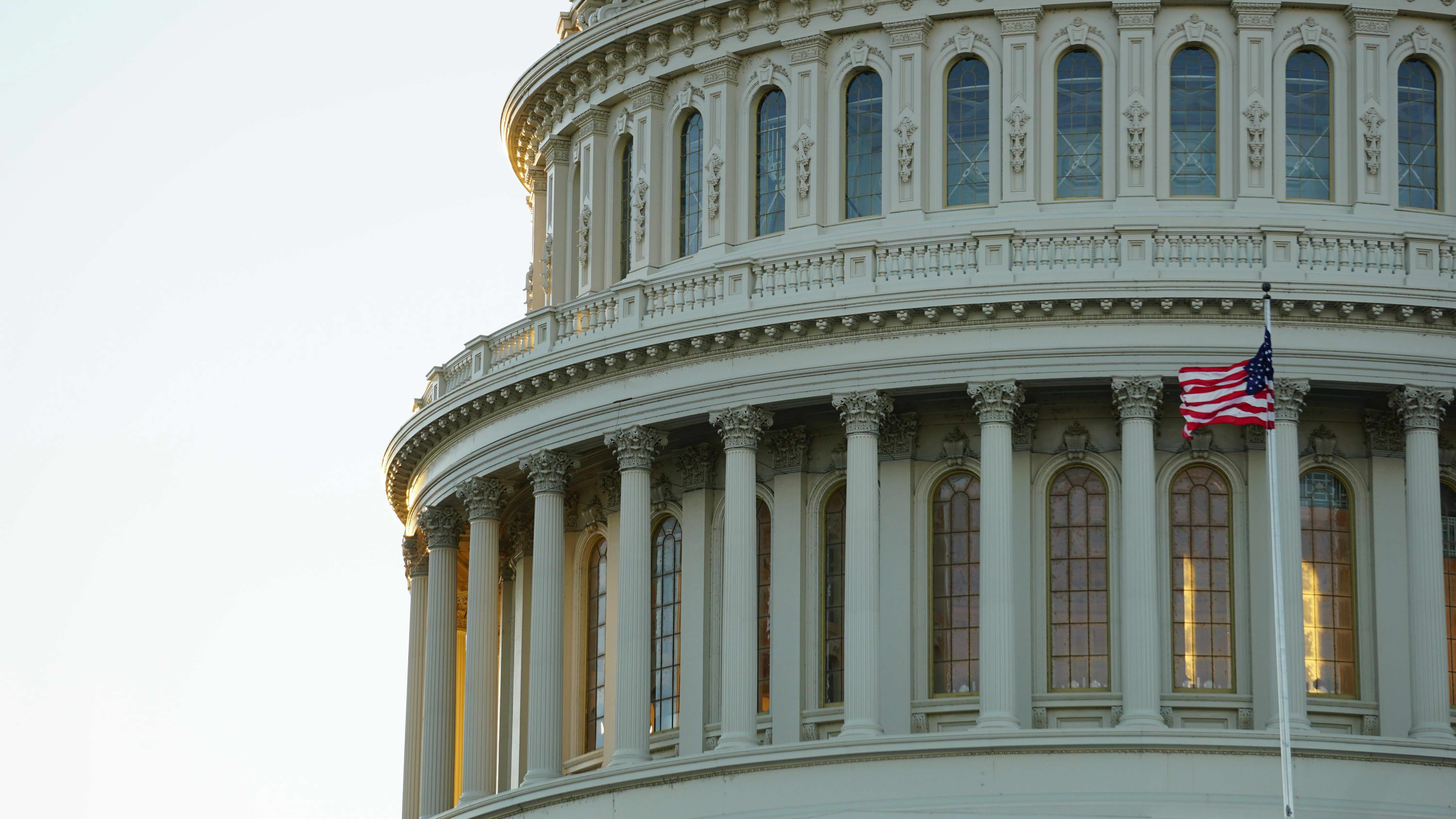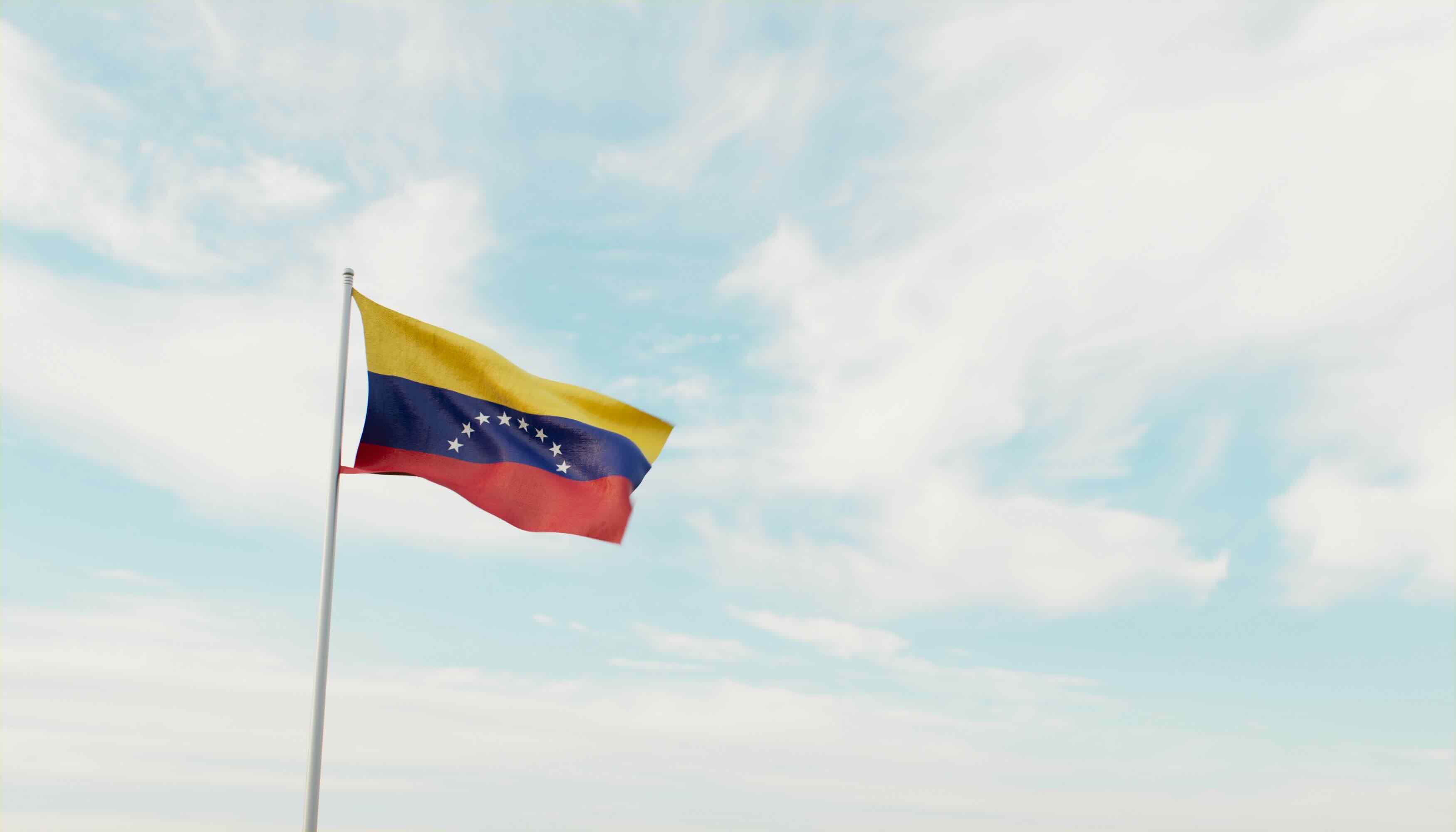Bitcoin, Financial Freedom, and the New Global Divide
A global survey across 25 countries reveals that millions now turn to Bitcoin as a practical tool for financial freedom where traditional systems fall short.
.avif)
What does bitcoin have to do with financial freedom? For many in the Global North, bitcoin still feels like a speculative gamble—volatile, opaque, and risky. But around the world, a different story is unfolding. From Argentina to Nigeria, from Ukraine to India, bitcoin is increasingly viewed not as a bet—but as a lifeline.
Our team conducted the largest-ever cross-national study of bitcoin perceptions and behavior, surveying 25,000 people across 25 countries. The results tell a nuanced, often surprising story. Far from being a uniformly libertarian or anti-government tool, bitcoin is being used for very practical reasons: hedging against inflation, sending cross-border payments, and gaining access to financial services where banking systems fail—or don’t exist at all.
In places with high inflation like Turkey and Argentina, people aren’t waiting for central banks to stabilize their currencies. “It’s not an investment anymore,” one respondent in Buenos Aires told us. “It’s a way of keeping your purchasing power.” In these settings, bitcoin becomes a form of self-defense.
In Brazil and South Africa, bitcoin is used to send money across borders more efficiently. In fact, remittances and cross-border trade emerged as major use cases in countries where banking fees and exchange rate fluctuations make traditional methods prohibitively expensive. “I wanted a way to transfer money fast between countries,” a Brazilian interviewee explained. “That’s something bitcoin does well.”
Then there’s the case of financial exclusion. Across large parts of Africa, Asia, and parts of Eastern Europe, millions remain unbanked—not necessarily because they lack income, but because they lack access. In Nigeria, bitcoin is described as a bridge to global markets that bypasses traditional chokepoints like Mastercard, PayPal, or Citibank. “All the hoops that Western countries do not have to jump through—we do,” one respondent explained.
We also heard stories from places where the banking system is not just broken, but politicized. In Lebanon, where a banking crisis wiped out personal savings, or in Ukraine, where war has disrupted institutional trust, bitcoin becomes not just a financial asset but a form of exit—a way to store value that can’t be seized or frozen.
That said, barriers remain. Despite rising awareness, ownership remains low. Why? Because bitcoin is still seen as volatile, confusing, and untrustworthy. In most countries, fewer than half of respondents said they had adequate knowledge to use it. That’s not an immutable fact—it’s an opportunity. Education and messaging, especially targeted by age, gender, and region, can help convert curiosity into confidence.
Policymakers should take note: whether they support or oppose bitcoin, the motivations for using it go far beyond hype. In much of the world, bitcoin adoption is not about ideology—it’s about necessity.
As we look to the future, one lesson is clear: financial freedom isn’t a universal experience. But tools like bitcoin are reshaping who gets to access it.



.svg)





